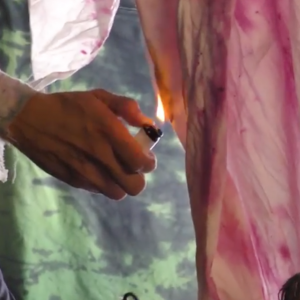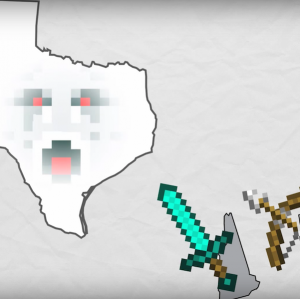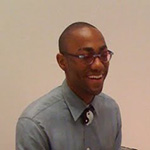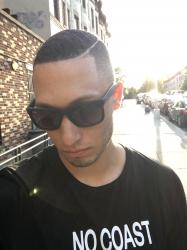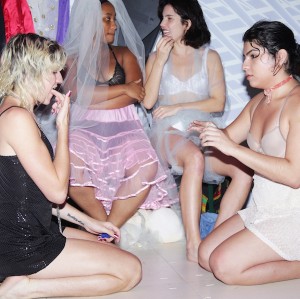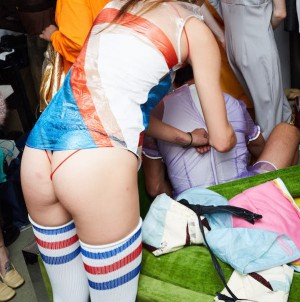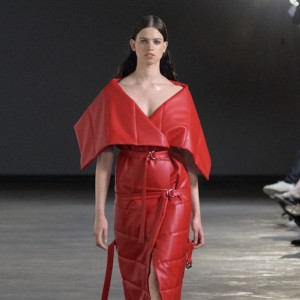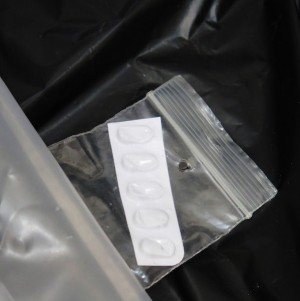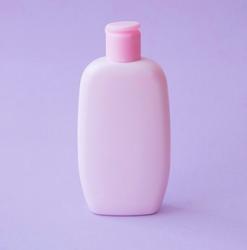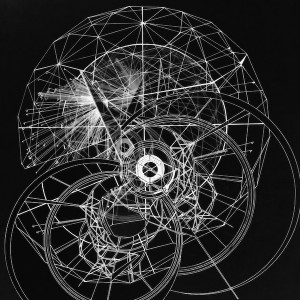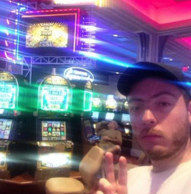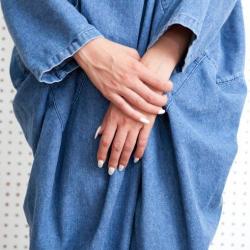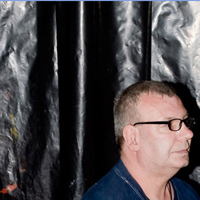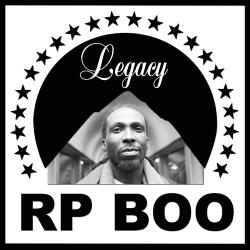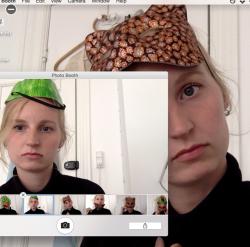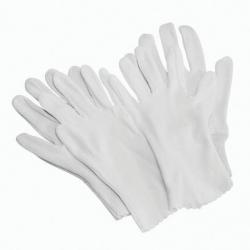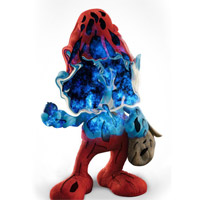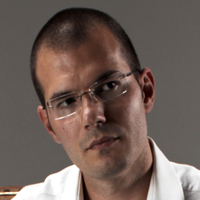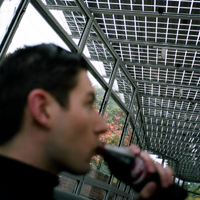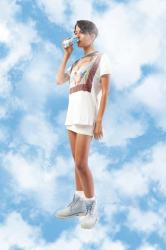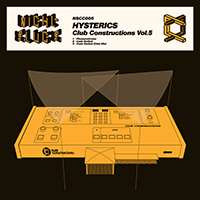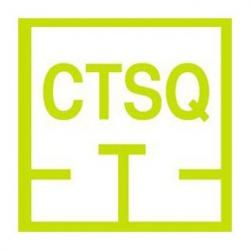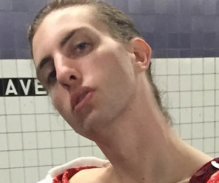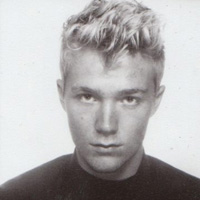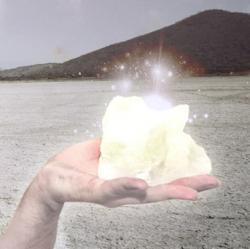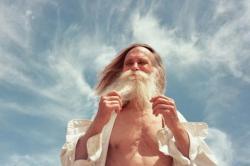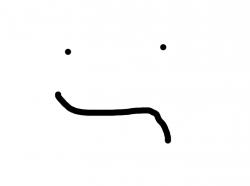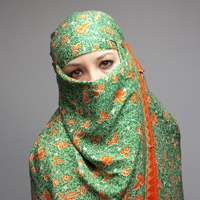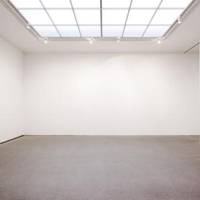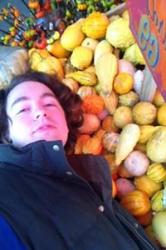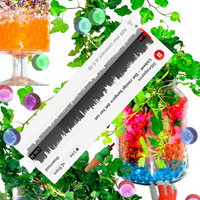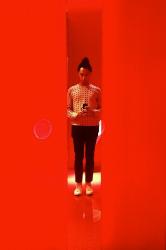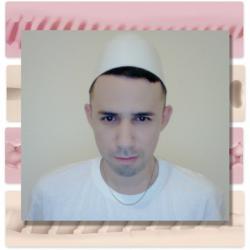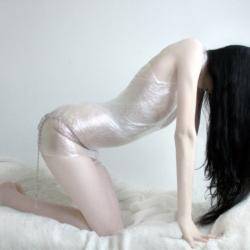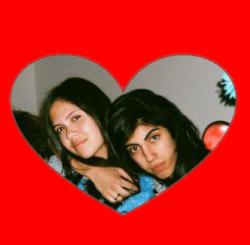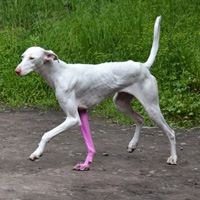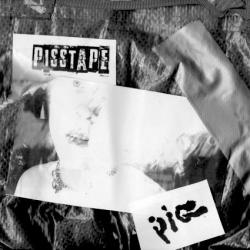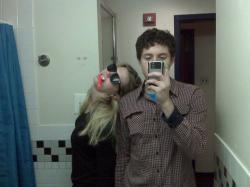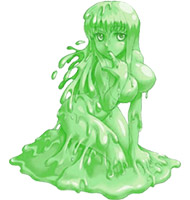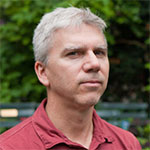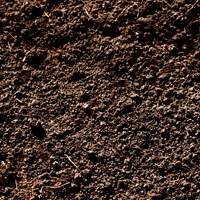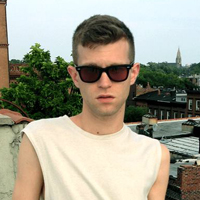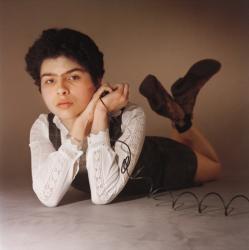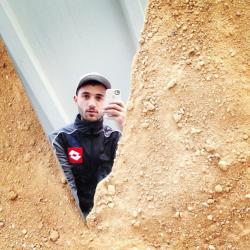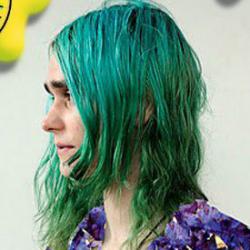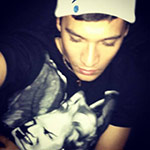Lafayette Anticipation associate curator Anna Colin talks to artist Tyler Coburn about Ergonomic Futures, a speculative project engaged with art, design, science, anthropology and writing. In this interview, Coburn discusses the research, production process and network of collaborators of a multilayered project ultimately concerned with the futures of humankind. Anna Colin: When one comes across your museum seats Ergonomic Futures (2016—) in contemporary art exhibitions—and soon in natural history, fine art, and anthropology museums—they look… [read more »]
On self-care and the election | Eva Saelens
We can get together and laugh about it. We can heave sighs and express disbelief, but it’s never enough. This presidential election year has lasted for years, and they sit on citizens like a slick film. We feel touched by an unshakable germ, invaded by a blood-sucker, afflicted by a social cancer, drained of the plump vitality of life and the amazing liberty of choices, and transformed into a cynical, depressed shrivel.
After being touched by the pollution of this poisonous discourse, you may find yourself craving the scalpel of a psychic surgeon, wishing for a careful professional to dig out the decay and make you new again. But we need to be real: witnessing this election has been a holistic experience, feeding ulcers deep in sacred soft bodies and turning places of life into necrotic dead-zones. The public conversation around this election has become a free-fall of bullying and churlish avoidance. All of us nail-biters know that we should be discussing the most relevant issue of our time: climate change and environmental thrashing. Instead, adult conversation is centered on the meanderings and baffling opinions of a small-minded man.
Hope for the future? It’s feeling as gaudy as Trump Tower. Feeling fertile? Not anymore, not in this looney world; who can really recommend children?
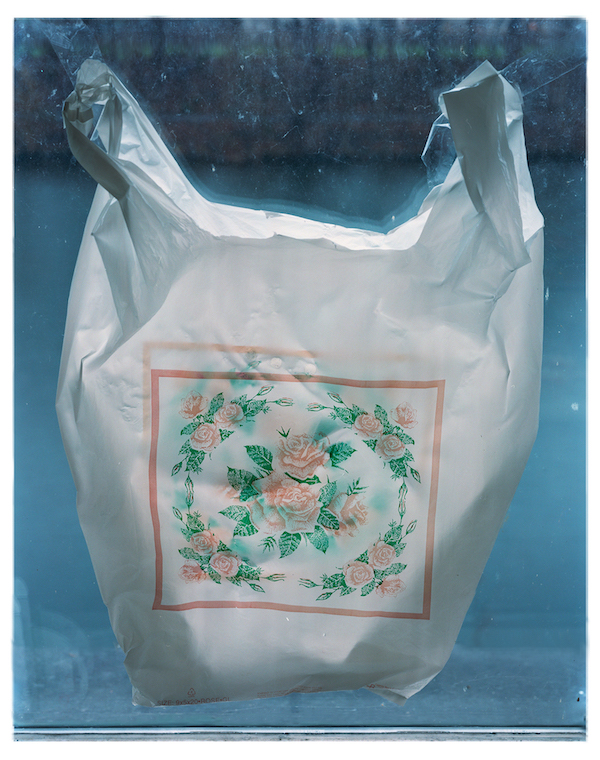
ketuta alexi-meskhishvili
Rose GL, 2015
Archival pigment print
39,3 x 31,7 cm
Want to make healthy choices? Well, why?! Everything around us looks increasingly limpid and untenable. What’s the use of fighting it all, just to be so-called “healthy”? Should we buy a home and settle down? Make our nest? How could we dream of such a thing when so many places are soon to be underwater due to climate change? And there’s barely any hope that we will be saved from this man, much less have a miracle of realization and action about this important issue.
It’s hard to like ourselves in the midst of it all. This election, after all, is birthed from our collective experience and environment. As we witness the degradation of the sacredness of our living world, it’s no wonder low self-esteem is an epidemic—in our souls, most of us know that there is a wrongness to our lives, and this election is showing us our ugly faces. It’s hard to believe that humanity’s impact on the earth is this dire; sickening to remember that an American style of living has lead the way.
This low self-worth is a strange combination of deeply hidden shame and public peacocking, as I believe our current economic boom is. While we all know that this destructive, consumer-driven lifestyle must be put in check and that we need to make substantial changes to our ways of living, we instead pave over foreboding feelings with a shaky, can-do spirit of hipster-boutiques and tech economics. This attitude amounts to feeble makeovers of the same concepts already endangering our green home.
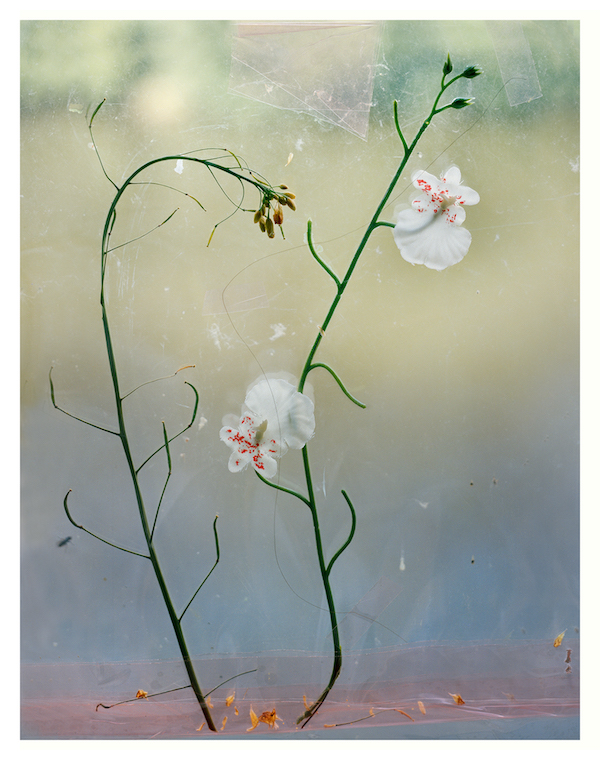
Ketuta Alexi-Meskhishvili
Blumen, 2013
Archival pigment print
39x31cm
It’s hard to see self-care as an important act because this care seems like another act of selfishness in an already self-obsessed culture. But self-care as a rite is not grooming, or capitalist preening. It’s a gesture of the desire to sustain, to take inventory of the state of the body, and to reach toward the soul through the flesh. Our bodies reflect realities that we don’t face, and that’s why illness is surprising, even shocking. Illness is the vent that obscured truths speak through, both mental and physical. As the personal is very political, self-care is also a reflection of our emphasis and dedication to the stewardship of the body of our planet. Depleted people cannot be the source of the wisdom of the next steps of humanity; we need to take steps to refresh and breathe that breath into our future.
Self-care changed my life because it taught me how to love myself. This is the first step of combating low self-esteem. We don’t want to know why we feel disappointed in ourselves. It’s difficult to cope with the deep psychic impact of our eating the planet alive, but caring for our bodies helps. By touching our bodies—giving them warmth when they are cold and coolness when they are hot; water when they are dry and air when they are wet—we can observe the power of our earth and its elements. We can realize that we aren’t parasites plopped down to ruin this treasured planet, but rather are a true part of it. Only then can we face the grief.
The grief is a tremendous power. When neglected, it acts like a powerful internal enemy—wrecking health, intensifying feelings of shame, and turning people to substance abuse and disconnection. I perform self-care to get in touch with the grief. Facing the grief means facing the sorrow. Yes, laughter is medicine, but we need the grief to pinpoint the disease. The grief is our deep shame about our collective human failures. We have turned from nature. We have fed the opportunism of evil leaders. We feel pushed, fearful, endangered, divided, speedy and under-rested—there is tremendous sorrow behind the curtains of our pizzaz. This is the grief. And we must face it.
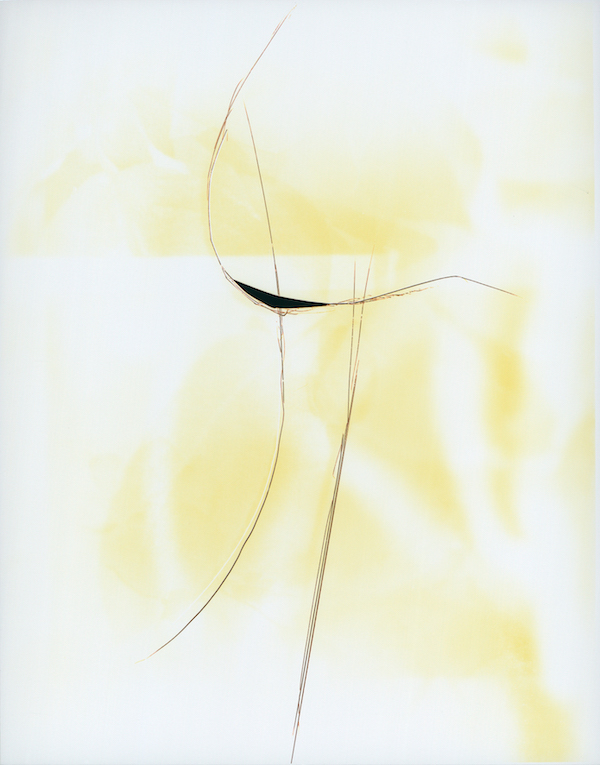
Ketuta Alexi-Meskhishvili
Mellow Yellow, 2013
C-print
34,6 x 27,6 cm
Self-care is looking into the mirror of your grief, and letting yourself cry about what you see.
A bathing ritual is the centerpiece of my self-care lifestyle. When I bathe, I seek to get back into my body. Notice yourself—you may not be in your body. Our culture is obviously not in its body, or else it would more acutely feel the consequences of an environmental collapse. Instead, we are stuck in our intellects—reading and watching and talking and investigating, but never really feeling. Hot water medicine helps me feel with my own body again.
First, I use a dry brush on my bare skin to invigorate the lymph, boosting the immune system and clearing stagnation. I notice my weaknesses: why do I allow myself to sit for so many hours at the computer? Why don’t I seek out big lungfuls of healthy forest air every day? Why am I stuck in the same disease patterns that we as people experience collectively? What will it take for me to have pride in my humanness and change for the better? It should be easier to make choices for my wellness, but I am weak. My culture does not support these choices. I grieve that weakness.
I massage my skin with medicated oils before taking a bath. While applying these oils, I feel the dryness of my skin—those who know elemental medicine know that dryness comes from a depletedness, a whipping frenzy of action. I realize in that moment that I am doing too much in my life. I am overcommitted and have gone a bit crazy trying to keep up with a malnourished, underslept, and overmedicated populace.
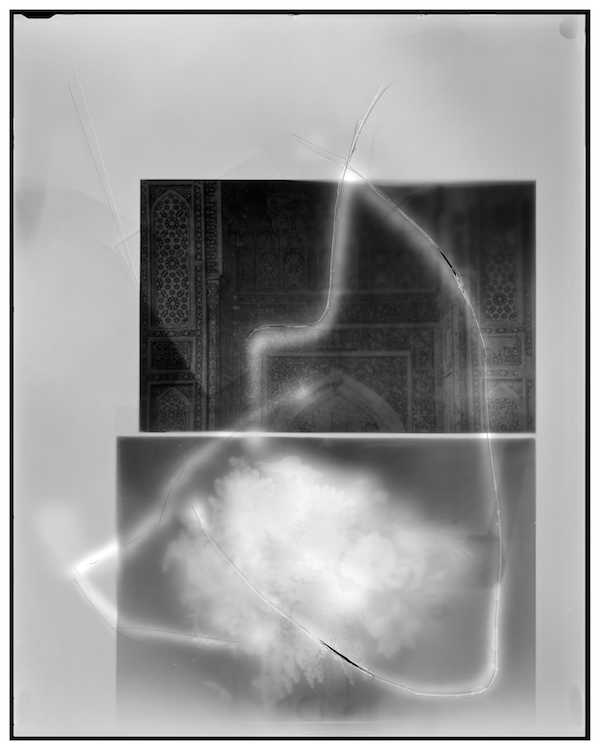
Ketuta Alexi-Meskhishvili
Vase, 2013
Archival pigment print
31,5 x 25,5 cm
As I massage, I use the oil to become reacquainted with my muscles and observe my pains. My frozen shoulder is a blossom of pain rooted in the stuckness of my jaw. I touch these places on my body. I get intuitive messages: “You aren’t speaking up enough” says my tense jaw, “that’s why I grind all night.”
“It takes me so much energy to hold back!” my jaw tells me as I massage it. In that moment, I understand the strength of the grief. I am deeply sad about the fate of my people; about the fate of my planet, due to my people. I try to laugh it off, but it’s too much. The grief runs so deep.
I get into a bath full of sea salts from the Sonoma Coast, near my home. The warmth of the bath helps me to relax and I notice that I am often clenching. I am afraid. Will he win? There are so many fears. Will I someday be in a mass shooting? What if the police kill someone I love? What if my home gets sold to someone with much more money? The grief ripples and ripples and I want it to be there. It’s spiritual. It’s something that I can’t face all of the time, but self-care helps me. I get into the grief to face it, sit with it, and use its powerful energy.
When I’m in the bath I like to use a Turkish towel, which is a studded magenta exfoliating seaweed a friend of mine harvests from the coast. The square of seaweed slowly falls apart, revealing a healing goo that I slather on my dry face. I think of the sea; the reverent magic that once existed between the ocean and the people. It’s all gone now. And how we miss each other. Our great love and respect for each other must be mourned, or we risk losing our humanness. I think of the plants; of seaweed and other so-called “weeds” that once ensured our survival, I wonder, do they miss us? Do the plants miss our need for them? Our love?
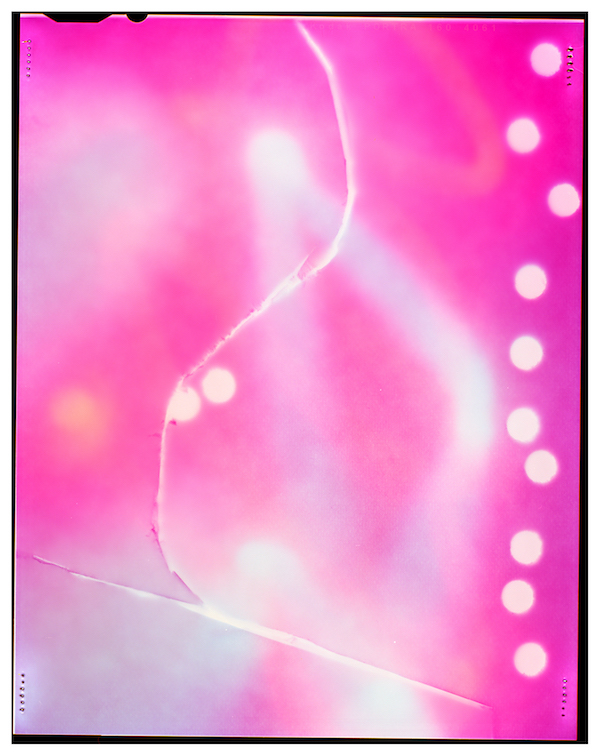
Ketuta Alexi-Meskhishvili
Osile (magenta), 2015
Archival print on screenfilm
140 x 110 cm (unframed)
I get so hot in my bath, and I feel such gratitude for the water— how it investigates all of my stuckness and quenches me when I didn’t realize I was thirsty. Oh, the water! I grieve more, and then I am so hot; I’m cooked by the bathwater. I get more intuitive messages about the way I treat my body—why am I devoted to habits that hurt? Can I let go of thoughts that torture me? I am sweating and a bit lightheaded; I’m so hot.
I turn on the cold shower and let it rain on me with its perfect oppositional completeness. My breath gets very deep and when I exhale I involuntarily say, “This is heaven!” Lately, the words of Martin Prechtel, author and teacher, have given me permission to grieve, and to experience praise. The praise is the sweet fruit of the the bitter grief experience. This praise is a great thankfulness for the purity of bliss available on our home planet. The praise is relief that we are alive and that our relationship with this bliss continues to be viable and available. The praise is a fierce hope that it’s not all lost; that we still have what is beautiful and sustainable in all of us. But we must fight for our blessings by transiting through the wicked, heavy grief and its critical lessons.
It’s all so confusing; we feel so powerless; it’s all so scary; we are just fighting for our survival. Eschewing feelings and intellectualizing our plight seem like coping mechanisms—but the soft, sacred, vulnerable field of our emotions keeps us human. It prevents us from being primal monsters. The capacity to truly feel provides a chance to be be an ally to the beauty of our world—don’t justify cutting off your feelings because you are beleagured by the state of things.
Harnessing the power of the grief—the hyper-strong, serpentine nature of its healing body—we suddenly experience a surge of righteous energy. To touch our bodies; to place a warm hand on our beating hearts; to smooth out the angry, vertical forehead wrinkle. The grief turns us to olden traditions: maybe it’s time to visit a plant medicine practitioner. Our sorrow can’t be medicated with substances that lactate from the problem’s nipple. Solutions aren’t coming from the problem’s body. Western medicine has its array of poisons for soul pains. We all need support when we turn to the medicine of vulnerability and soft truth. Seek a healer practicing holistic medicine and get an introduction to subtle planetary support known by your ancestors.
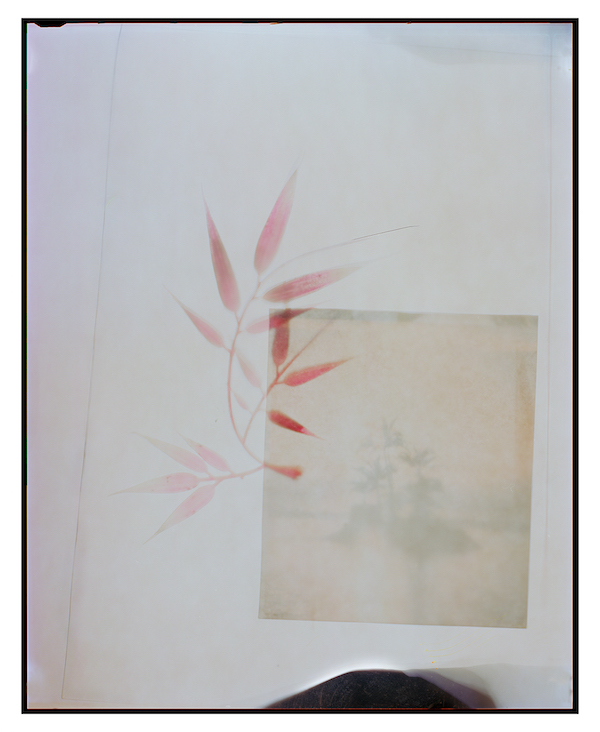
Ketuta Alexi-Meskhishvili
Isa flower, 2013
Archival pigment print
61 x 50 cm
The teeth of the grief give permission to let go of commitments, tell FOMO to fuck off, and knock off the bullshit about having “no time”—this very concept is running us out of time. We need to reorient ourselves to busy-ness, the grief tells us. We are abandoning what’s really important—love—in favor of exhausting schemes of self-importances that distract us from the low vibration of our self-esteem issues. Is anybody happy about it? No, people are tired, depressed, and scared.
Even if your preferred candidate is elected president in a few weeks, the distress won’t go away. We need to be clear and present in our commitment to serve our authentic, holy selves—the self that is undividable from the earth. We need difference to live—we can’t take our themes from a dominant culture that seeks to self-destruct. It’s not obvious what we should do, but the first step is caring for ourselves—reclaiming our bodies and our attention. Looking to the indigenous people and their traditions, we may grieve the tremendous loss of lives and ways of living. We may wonder how we have so deeply and dirtily strayed. Still, our grief gives us something powerful—and we may take it to the bath, sauna, steam room, or sweat lodge to figure out what to do next. The words of Martin Prechtel implore me: How can I be the best ancestor to future generations?

